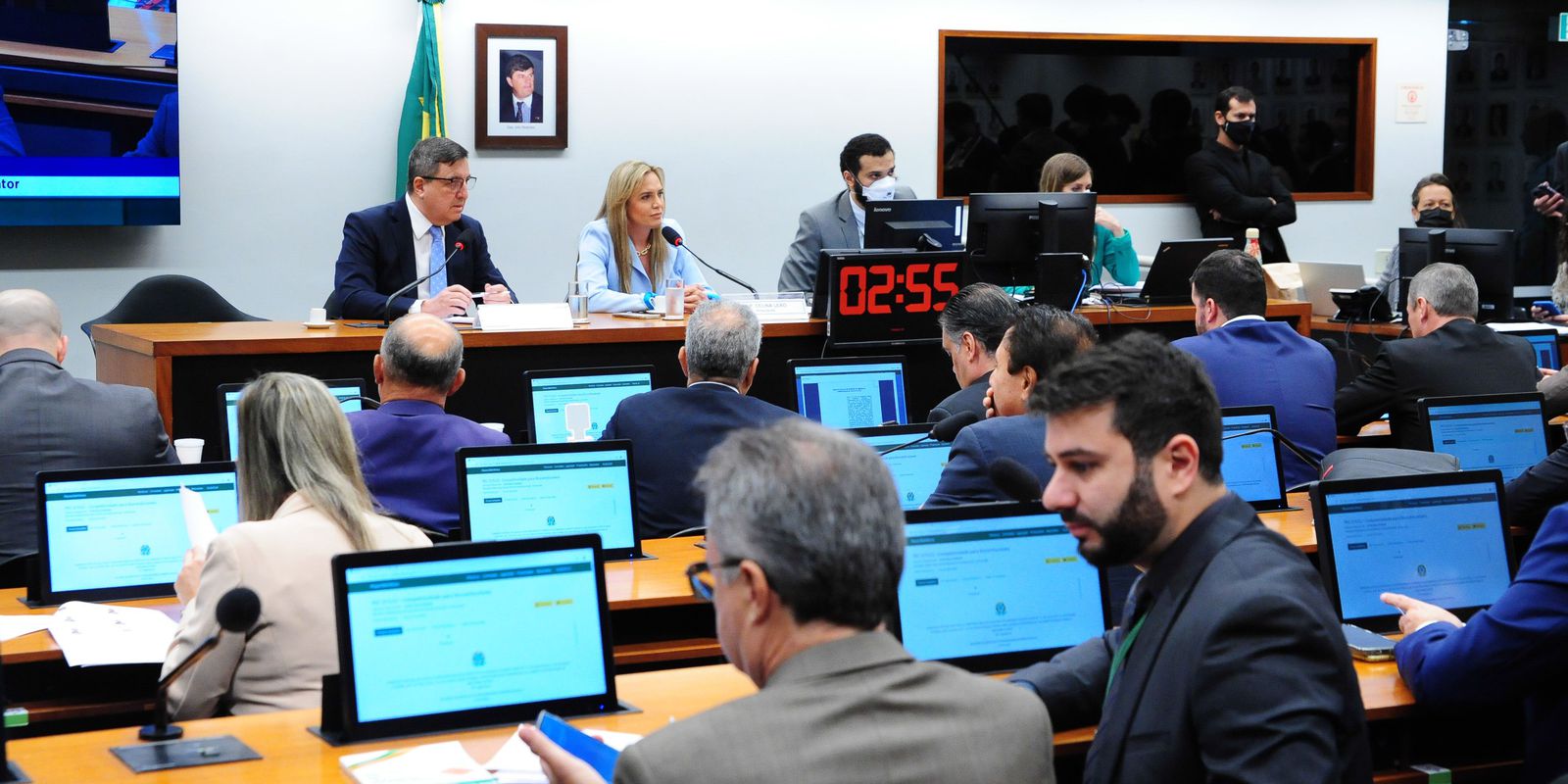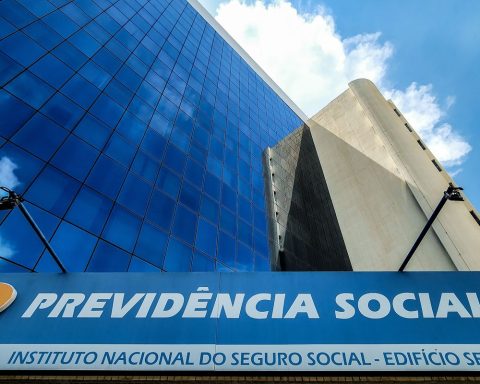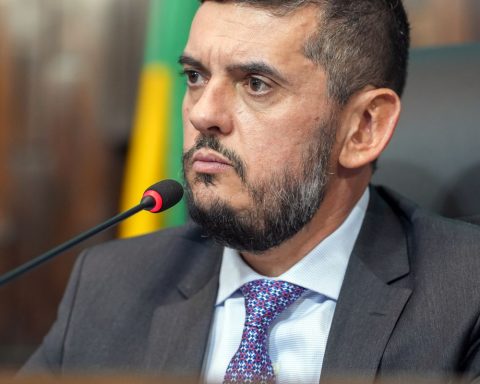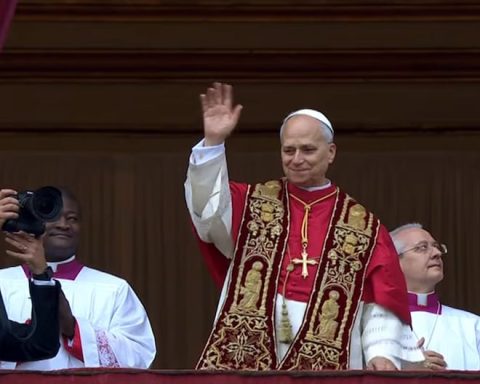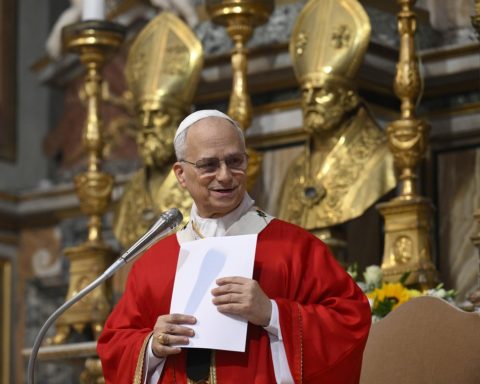The special committee of the Chamber of Deputies approved this Thursday (7th), with 36 favorable votes, the opinion of the proposed amendment to the Constitution (PEC 1), which provides for the payment of social benefits until the end of the year. The matter goes on to be analyzed by the plenary of the House.
The text generates BRL 41.25 billion in exceptional expenses, divided between social and economic benefits. The article consolidates the writings of two PECs (15/22 and 1/22), without changing the merits already approved in the Senate for PEC 1/22. A state of emergency is planned in the country until December 31, justified by the “extraordinary and unpredictable” rise in oil and fuel prices and their social impacts.
In practice, the measure allows the government to expand social benefits that would not be authorized in an election year. According to the legislation, there can be no granting of new benefits or distribution of values in an election year, except in exceptional cases, such as a state of emergency.
“The state of poverty in which much of the country is going through is notorious. The increase in fuel prices and rampant inflation are small indications of the precarious state of the poorest population. PEC 01/2022 comes exactly to institute the state of emergency to expand the payment of benefits, because, in the face of the elections, this would not be possible without violating the legal system and the constitutional commandments “, justified the rapporteur of the matter, deputy. Danilo Forte (Brazil-CE Union).
There is a forecast of Auxílio Brasil of R$ 600, assistance of R$ 1,000 for truck drivers, kitchen gas vouchers and reinforcement of the Alimenta Brasil program, in addition to extra resources for taxi drivers, financing of free public transport for the elderly and compensation for states that reduce the tax burden on biofuels.
biofuels
The proposal also requires the government to create a tax regime favored to benefit the final consumer, to be established by a complementary law. The regime must ensure that renewable fuels (such as ethanol) are taxed lower than fossil fuels (such as gasoline and diesel).
The measure aims to reduce the impact of recent measures approved by the National Congress that reduced the taxation of gasoline and diesel, making ethanol less advantageous for the consumer.
“These measures are expected to last until the end of the year, when the electoral legislation will no longer be an obstacle for the benefits to be approved, then, on a permanent basis”, explained the rapporteur.
As it is a PEC proposal, the text needs to be approved by three-fifths of the deputies, corresponding to 308 favorable votes, in two voting rounds.
elections
Despite voting in favor, opposition parliamentarians criticized parts of the text. The measure, in the opinion of congressmen, has an “electoral character” as it is restricted to the period that coincides with this year’s elections.
For deputy Alexis Fonteyne (Novo-SP), the proposal does not offer alternatives for the beginning of next year, when the effect of the measure will end. In the parliamentarian’s assessment, the priority would be to analyze the tax and administrative reforms “to reduce the size of the State on the back of the Brazilian and thus be able to reduce the tax burden and not this assistance”.
Congressman Carlos Zarattini (PT-SP) said that the PEC came long after the increase in hunger in Brazil. “In addition to trampling on the electoral law and proposing, to resolve this issue, the installation of a state of emergency, which ends on December 31, as if the lives of the people were then resolved, this PEC comes long after the situation has expanded. of hunger in our country, which already affects more than 30 million Brazilians”, he said.
